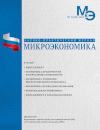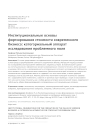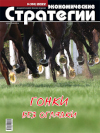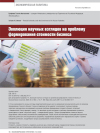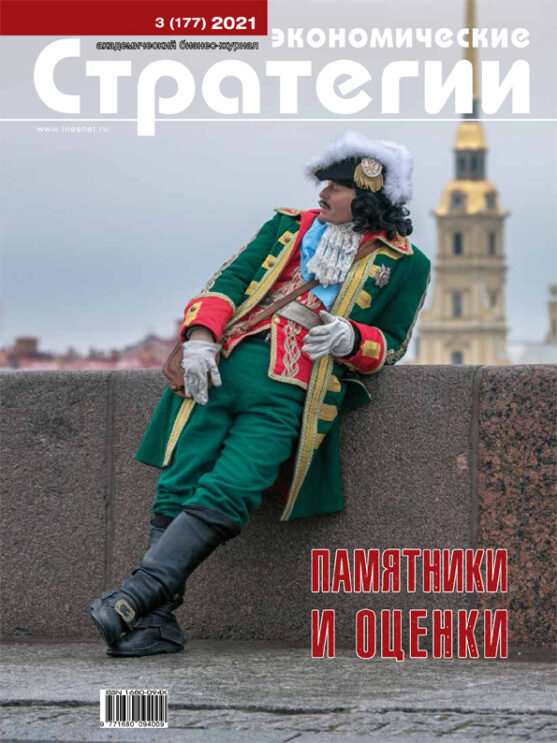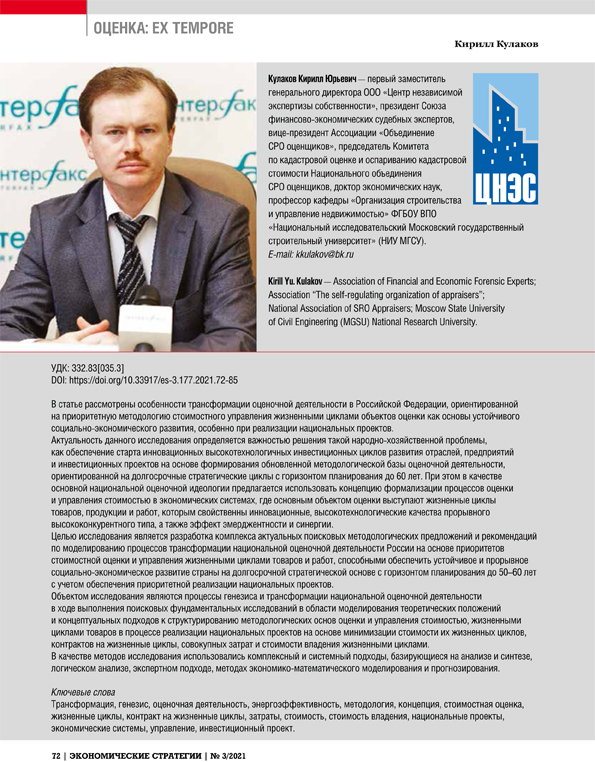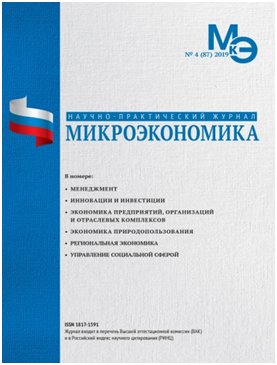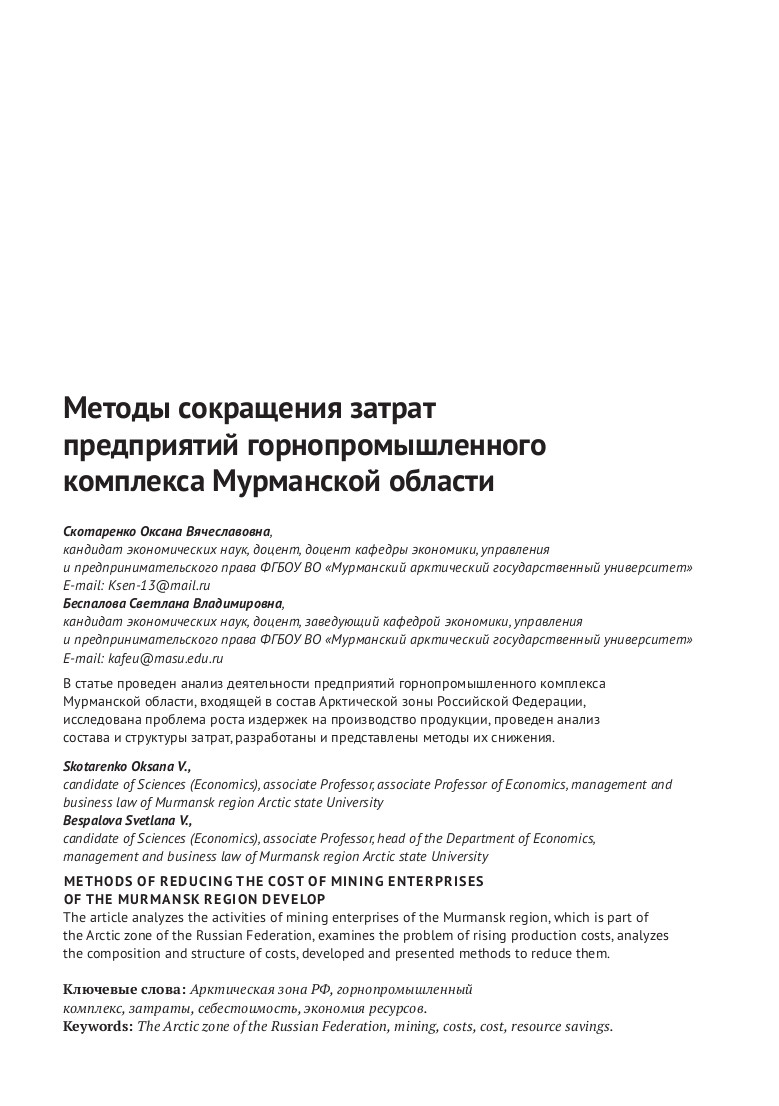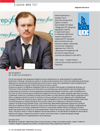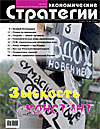Shaping Business Value: Research Program of the Douglass North Institutional Framework
DOI: 10.33917/es-4.190.2023.136-141
Research program of the institutional framework of Douglass North, which was not implemented in practice by either the great researcher himself or his followers, is examined. Application of D. North’s methodological approach to analysis of a specific problem – shaping business value – allowed the author to draw the following conclusions.
It is determined that formation of business value is a process of value imputation. It was found that as a result of the process of imputing the business value, carried out within a certain institutional framework, the formed value of business can be considered as a converted form of value of a particular product. The author gives an institutional explanation of how, on the basis of the institutional framework for determining the value of business, main logically contradictory approaches to estimating the value of business are combined, and how the final quantitative value of the business worth is formed on this basis.
References:
1. Skinner K. ValueWeb. Kak fintekh-kompanii ispol’zuyut blokchein i mobil’nye tekhnologii dlya sozdaniya interneta tsennostei [ValueWeb. How Fintech Companies are Using Blockchain and Mobile Technologies to Create an Internet of Value]. Per. s angl. N. Yatsyuk. Moscow, Mann, Ivanov i Ferber, 2018, 414 p.
2. Nort D. Ponimanie protsessa ekonomicheskikh izmenenii [Understanding the Process of Economic Change]. Per. s angl. K. Martynova, N. Edel’mana. Moscow, ID Gosudarstvennogo universiteta — Vysshei shkoly ekonomiki, 2010, 253 p.
3. Nort D.K. Avtobiografiya. Lektsiya pamyati Al’freda Nobelya, prochitannaya Duglasom Nortom 9 dekabrya 1993 g. Kommentarii: Laureaty Nobelevskoi premii po ekonomike: avtobiografii, lektsii, kommentarii [Autobiography. Alfred Nobel Memorial Lecture delivered by Douglas North on December 9, 1993. Comments: Nobel Laureates in Economics: Autobiographies, Lectures, Commentaries]. Pod red. V.V. Okrepilova, vol. 2, Saint Petersburg, Nauka, 2009, pp. 297–315.
4. Nort D. Pyat’ tezisov ob institutsional’nykh izmeneniyakh: Kvartal’nyi byulleten’ kluba ekonomistov [Five Theses on Institutional Change: The Economists Club Quarterly Bulletin]. Minsk, Institut privatizatsii i menedzhmenta, 1998, pp. 3–15, available at: https://portalus.ru/modules/economics/rus_readme.php?sub
action=showfull&id=1127698362&archive=1254315015&start_from=&ucat=&.
5. Furubotn E.G., Rikhter R. Instituty i ekonomicheskaya teoriya. Dostizheniya novoi institutsional’noi ekonomicheskoi teorii [Institutes and Economic Theory. Achievements of the New Institutional Economics]. Per. s angl. pod red. V.S. Kat’kalo, N.P. Drozdovoi. Saint Petersburg, ID Sankt-Peterburgskogo un-ta, 2005, 701 p.
6. Uil’yamson O.I. Ekonomicheskie instituty kapitalizma: firmy, rynki, “otnoshencheskaya” kontraktatsiya [The Economic Institutions of Capitalism: Firms, Markets, “Relational” Contracting]. Per. s angl.; Nauch. red. i vstup. stat’ya V.S. Kat’kalo. Saint Petersburg, Lenizdat, 1996, 702 p.




